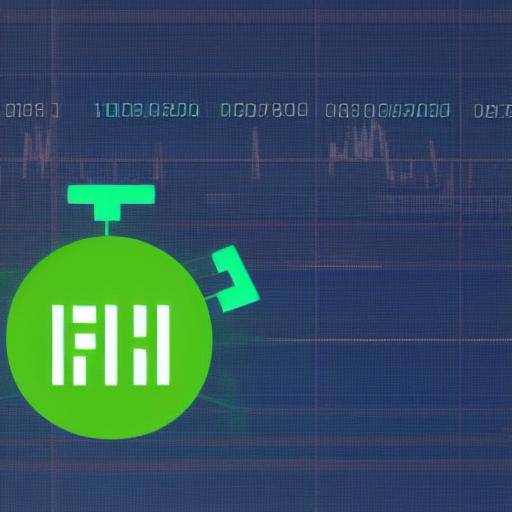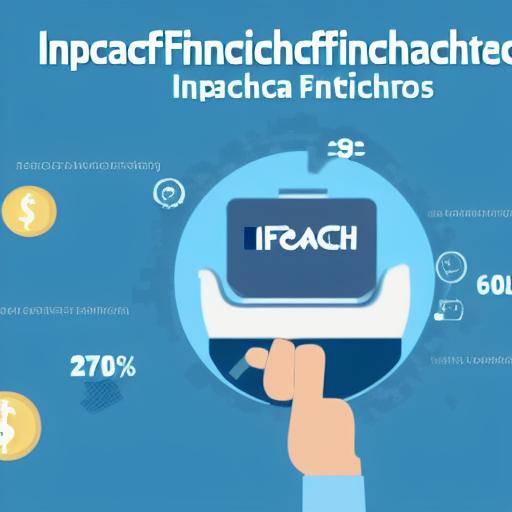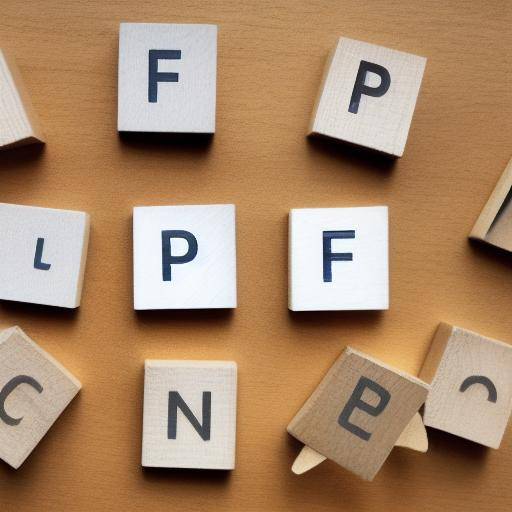
Control and efficiency in household expenditure management are key aspects of maintaining a healthy budget and achieving financial goals. In the current technological era, there are numerous applications designed to facilitate this management, offering tools to monitor expenses, create budgets, and find ways to save money. In this article, we will explore how to use technology to control and reduce household expenses, providing detailed information, practical advice, and expert perspectives on this topic.
Introduction
With growing technological advances, household expenditure management has become more accessible and efficient than ever. The applications designed for this purpose have revolutionized the way people control their personal finances, set savings targets and improve their overall financial health. In this article, we will explore in depth how these tools can be used effectively to achieve sound financial control and improve efficiency in managing domestic expenses.
History and Background
The use of applications to manage household expenses has experienced exponential growth in recent decades, largely thanks to technological advances and the growing adoption of smartphones and mobile devices. The first financial management applications arose in the early 2000s, providing users with the ability to keep a detailed record of their financial transactions and establish custom budgets. Over time, these tools have evolved to offer a wide range of functions, from automating payments to generating detailed reports on spending patterns.
Over the years, the development of cost management applications has been driven by the growing demand for tools that simplify and optimize personal financial management. Today, the personal finance industry has a wide variety of applications, each with unique features designed to address different aspects of financial management.
Analysis in Deep
The use of technology to manage and control household expenses presents a number of significant benefits. These applications provide users with a clear and detailed view of their spending habits, allowing them to identify areas where they can reduce costs and make significant adjustments to their budget. In addition, the ability to set savings targets, receive payment reminders, and monitor financial trends over time allows users to make informed financial decisions and maintain constant control over their economic situation.
Despite its benefits, the use of financial management applications also presents certain challenges. Some users may feel overwhelmed by the amount of information and options available, which can make it difficult to adopt and use these tools continuously. In addition, the security of financial data is a common concern, especially in a digital environment where privacy and the protection of personal information are critical issues.
Comprehensive review
In considering the applications available for managing and reducing household expenses, it is important to carefully analyze the features and features offered by each. Some applications focus on creating detailed budgets, while others offer tools to analyze spending trends and find savings opportunities. It is essential to select an application that aligns with the individual needs and financial habits of each user, thus ensuring an effective cost management experience adapted to their financial objectives.
A thorough analysis of available applications reveals that, while there are similarities in terms of basic functionalities, each application has distinctive features that make it unique and relevant to different user profiles. Some offer integration with financial institutions, which facilitates multi-account monitoring in one place, while others focus on data monitoring and detailed reports to provide a clear view of the financial landscape.
Comparative analysis
The comparison between technology, control and efficiency in household expenditure management reveals the interconnection of these elements in achieving sound financial stability. The technology acts as the facilitator who provides the tools necessary to exercise effective control over household expenses, while efficiency is achieved by optimizing financial management processes and maximizing available tools. In addition, financial control allows users to make informed decisions, set attainable goals and maintain a long-term sustainable financial balance.
Practical Tips and Accessible Tips
Using applications to manage and reduce household costs, it is essential to adopt a proactive and disciplined approach. Establish a realistic budget, regularly monitor spending habits, and take advantage of the savings and planning tools offered by applications are key steps to improve financial health. In addition, the automation of payments and the configuration of overexpenditure alerts are effective strategies to maintain control and avoid deviations from the established budget.
- Set Clara Saving Goals: Defining specific and achievable savings goals, such as creating an emergency fund or planning a vacation, can provide an additional motivation to manage expenses diligently.
- Use Expense Categorization: Taking advantage of the ability to categorize expenditures within applications facilitates the identification of areas of higher expenditure, allowing informed decisions on budget adjustments.
Conclusions and FAQs
Conclusions
Technology has fundamentally transformed the way we manage and reduce spending at home, providing powerful tools that allow us to take control of our finances effectively. By adopting applications designed for this purpose, users can improve financial management efficiency, identify savings opportunities and work towards a more robust and stable financial future.
Frequently asked questions
What aspects should I consider when choosing a financial management application for the home?
When selecting a financial management application, it is important to consider its compatibility with financial needs and individual spending habits. In addition, data security and ease of use are key factors to take into account.
How can I use applications to effectively reduce costs?
Financial management applications often offer analysis tools that provide detailed information on spending patterns. By using these functionalities to identify areas of over-expenditure and set budget limits, users can effectively reduce costs.
Conclusion
Financial management applications represent a valuable tool in efforts to control and reduce household costs. By harnessing the technological capabilities available, users can improve their efficiency in financial management, make informed decisions and achieve significant savings goals. With a proactive and disciplined approach, these tools can be instrumental in establishing a sound and sustainable long-term financial base.






















































